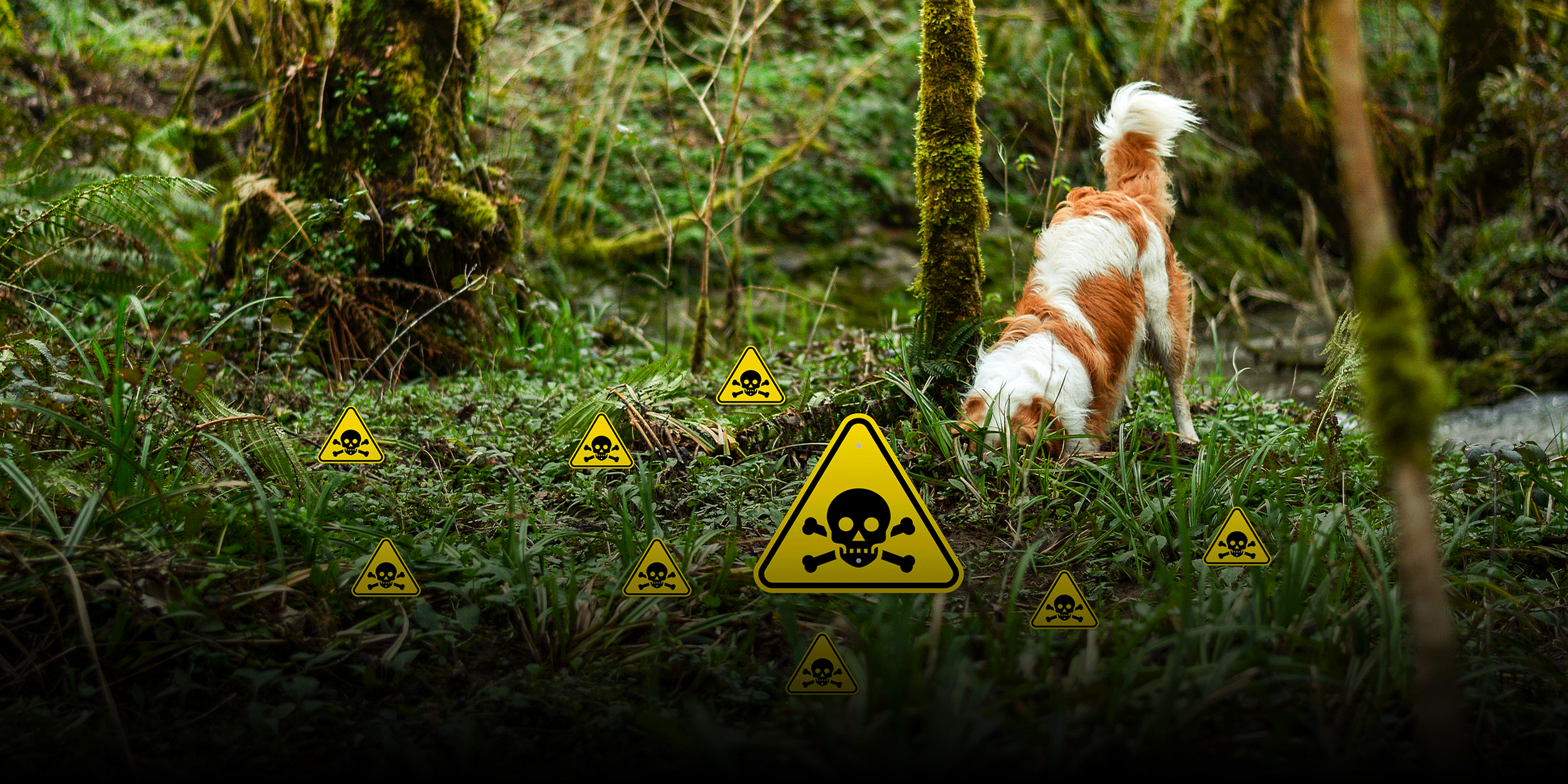
China Shocked by Mysterious Wave of Pet Poisoning Cases
Dozens of dogs have died after coming into contact with toxic substances in the southern Guangdong province this month, in an apparent wave of poisoning cases that has alarmed pet owners across China.
The Guangdong Pet Industry Association (GPIA) announced on Saturday that it had confirmed more than 40 recent incidents of dogs dying after being poisoned, with most of the incidents occurring around Nov. 8.
But more pet owners have come forward to report similar cases since that initial statement was issued, and these later incidents appear to be spread over a wider area, a spokesperson for the association told local media.
Police in Guangzhou, the provincial capital, have reportedly launched an investigation into the poisonings, though it remains unclear at this stage who is behind the incidents or what their motive might be.
The first wave of cases mostly took place in several districts of Guangzhou, the spokesperson of the association said. But the association has since received reports of poisonings in several neighboring cities, including Foshan, Dongguan, and Zhuhai.
There have been several instances of pets being poisoned in China over recent years, often by neighbors who took exception to owners failing to clean up after their dogs or allowing them to roam off-leash.
However, the scale of the recent series of poisonings has shocked many in China.
“The frequency of such incidents has increased,” said Wu Qi, the founder of Paw for Heal, a Chinese animal-assisted therapy program, adding that he was “deeply concerned.”
According to the GPIA, most of the dogs killed in Guangzhou died after ingesting a toxic fluid or sniffing a toxic powder.
One owner reported taking their dog for a walk to Shiguili Square, a public space in Guangzhou’s central Liwan District, on Nov. 8. Hours later, the dog became seriously ill and began vomiting.
Though the owner rushed the dog to a nearby pet hospital, it died soon after. Three other dogs were reportedly also hospitalized with symptoms of poisoning after walking in Shiguili Square that day, one of which died.
On Nov. 13, a dog trainer based in Shenzhen — another city in Guangdong — announced via social media that his two pet dogs had also died after being poisoned during a visit to Guangzhou.
The man said that he had taken the dogs to attend a dog training class in Guangzhou. During the visit, the dogs reportedly sniffed some form of toxic powder, and fell severely ill and perished the same day.
“This incident has hit me and my family very hard,” the man wrote in a post on the social platform Xiaohongshu, which received thousands of likes and comments. “I need to take some time off work to process this.”
The news from Guangdong has sparked outrage on the Chinese microblogging platform Weibo, with many commenters expressing sympathy for the affected pet owners and concern that the poison could also sicken local children.
However, some comments have also stressed the importance of responsible pet ownership, calling on pet owners to avoid letting their animals cause any disturbances that could provoke anger among local residents.
The lack of clear regulations surrounding pet killings is currently a topic of heated public debate in China. Though the country has legislation specifically designed to safeguard wildlife, livestock, and laboratory animals, no such statutes exist for pets.
Under existing laws, pets are considered a form of personal property, and killing a person’s pet is therefore akin to infringing on their property, Zhao Liangshan, a lawyer at Shaanxi Hengda Law Firm, told Shanghai-based news outlet The Paper.
Those found guilty of poisoning a person’s pet have tended to face civil penalties in the past, but the government has faced growing calls in recent months to begin treating such cases as criminal offenses.
Wu, the founder of Paw for Heal, said the government should intensify efforts to protect animals by introducing new legislation and tightening law enforcement efforts.
“It’s also important to raise public awareness of animal rights … so that more people understand that animals also have emotions and should be cared for and respected,” Wu added.
If the recent spate of poisonings continues, Wu worries that animal-assisted therapy organizations like his own may suffer, as pet owners could become less willing to allow their pets to train as therapy animals.
“These actions may lead to a decline in public trust toward therapy organizations, causing people to question whether they should (train their pets to) assist humans,” Wu said.
(Header image: VCG)










